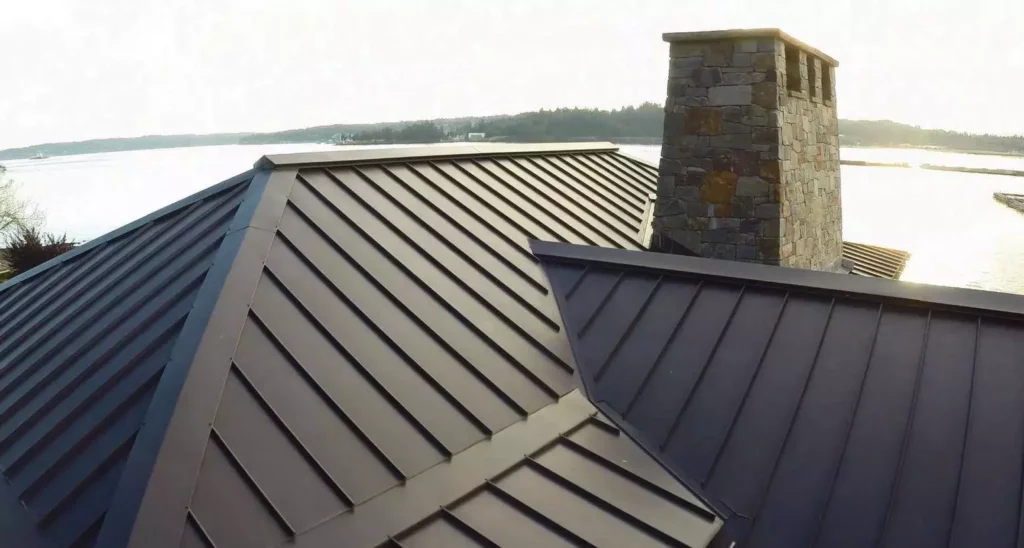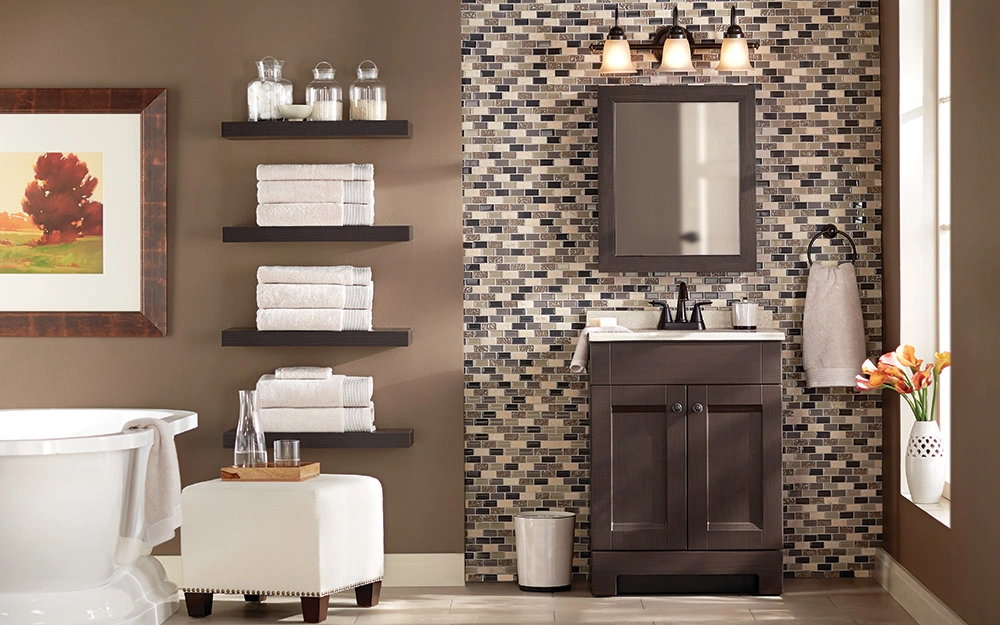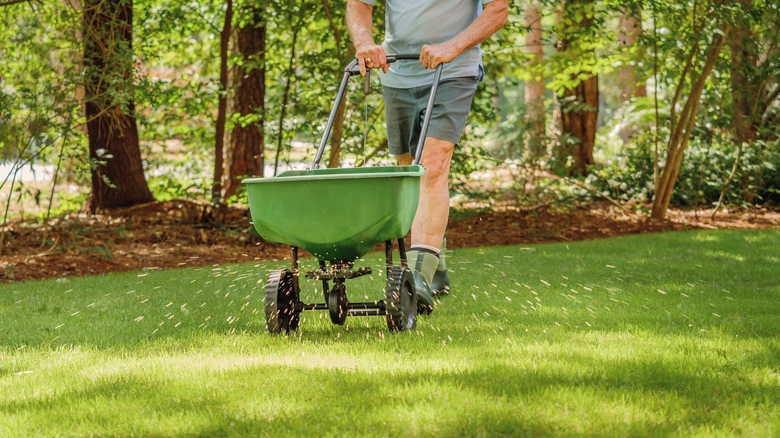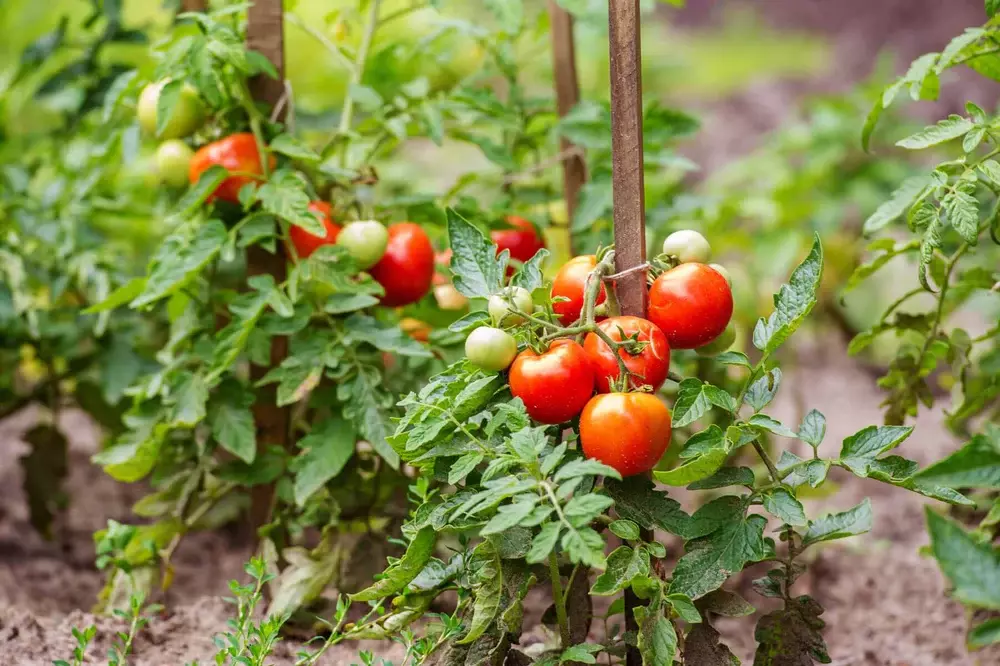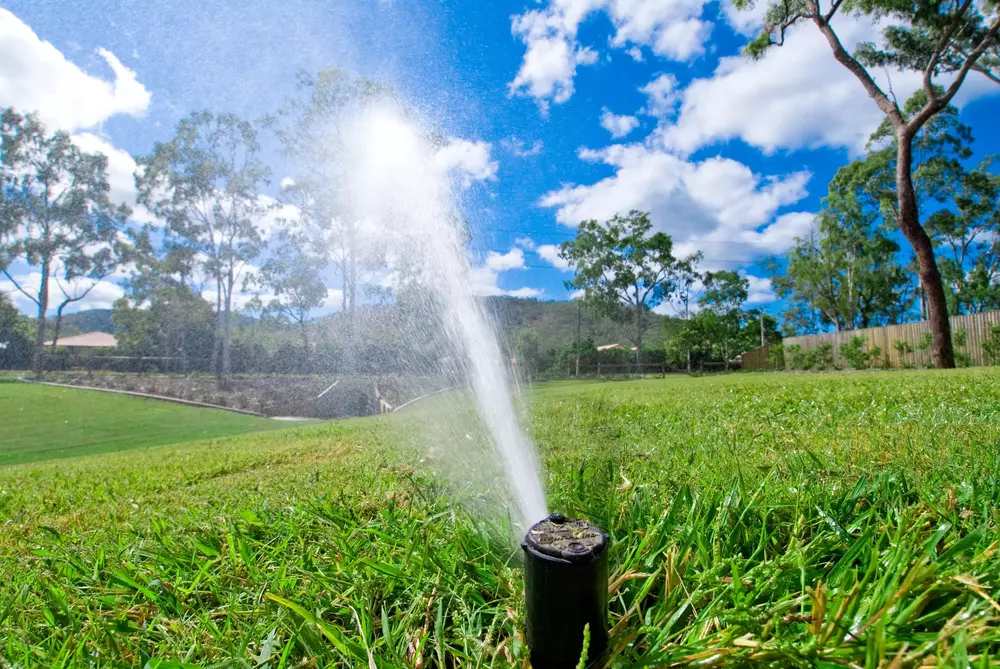Metal roofs have become an increasingly popular choice among homeowners due to their durability, energy efficiency, and aesthetic appeal. In this comprehensive guide, we will explore the lifespan of metal roofs, factors that influence their longevity, and how to maintain them for the best results.
How Long Can You Expect a Metal Roof to Last?
The lifespan of a metal roof can vary depending on several factors, such as the material used, the quality of installation, and the climate. However, on average, a well-maintained metal roof can last:
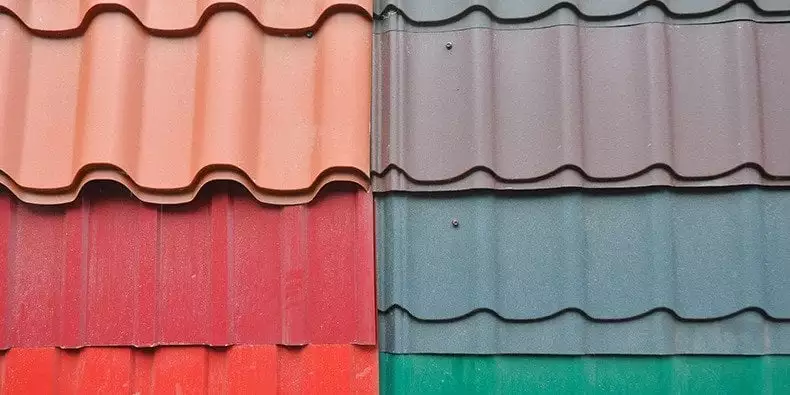
40 to 70 years for steel and aluminum roofs
Steel and aluminum are popular choices for metal roofing due to their affordability, durability, and resistance to rust. When properly installed and maintained, these materials can provide excellent protection for 40 to 70 years.
60 to 100 years for copper and zinc roofs
Copper and zinc are more expensive metal roofing options, but they offer superior longevity and a distinctive appearance. With proper care, copper and zinc roofs can last anywhere from 60 to 100 years.
What Factors Affect the Lifespan of a Metal Roof?
There are several factors that can impact the longevity of a metal roof. Understanding these factors can help you make an informed decision about the best metal roofing option for your needs.
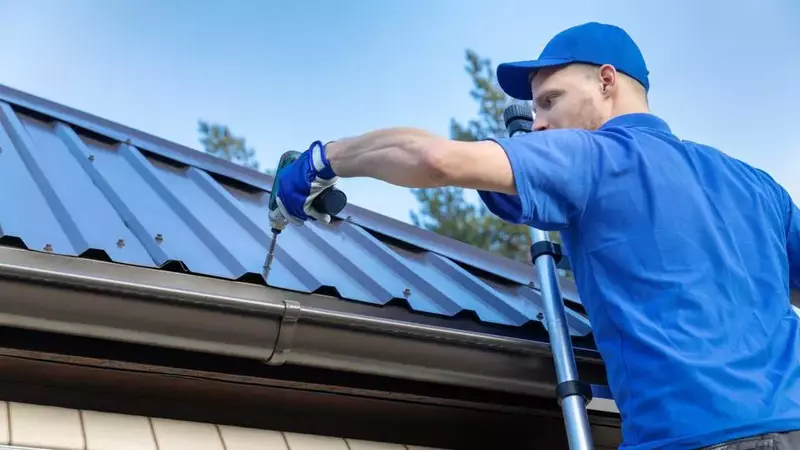
Material
As mentioned earlier, the material used for your metal roof plays a significant role in determining its lifespan. Steel and aluminum are more affordable options, while copper and zinc offer longer-lasting protection.
Installation
A well-installed metal roof is critical for its longevity. Poor installation can lead to problems like leaks, corrosion, and premature failure. Always choose a reputable contractor with experience in metal roofing to ensure proper installation.
Climate
The climate in which your metal roof is installed can also influence its lifespan. Metal roofs perform well in a variety of climates, but they may require additional maintenance in areas with high humidity, extreme temperature fluctuations, or frequent exposure to saltwater.
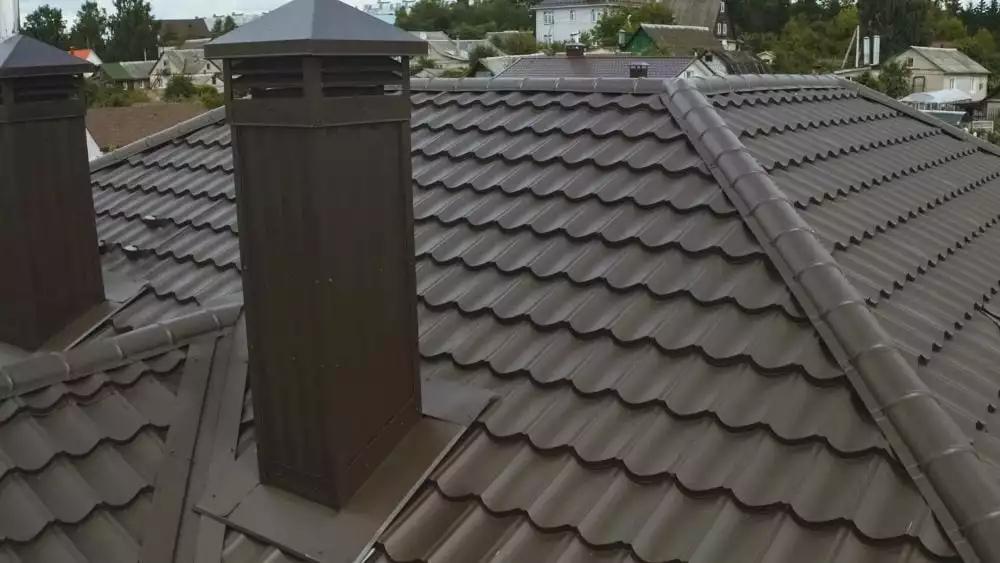
Maintenance
Proper maintenance is essential for extending the life of your metal roof. Regular inspections, cleaning, and repairs can help prevent issues like rust, corrosion, and leaks.
How Can You Maintain a Metal Roof for Maximum Longevity?
To get the most out of your metal roof, it’s essential to keep up with regular maintenance. Here are some tips for maintaining your metal roof:
Perform Regular Inspections
Inspect your metal roof at least twice a year to identify any signs of damage, such as loose or missing fasteners, dents, or rust. It’s also a good idea to inspect your roof after any severe weather events, like storms or high winds.
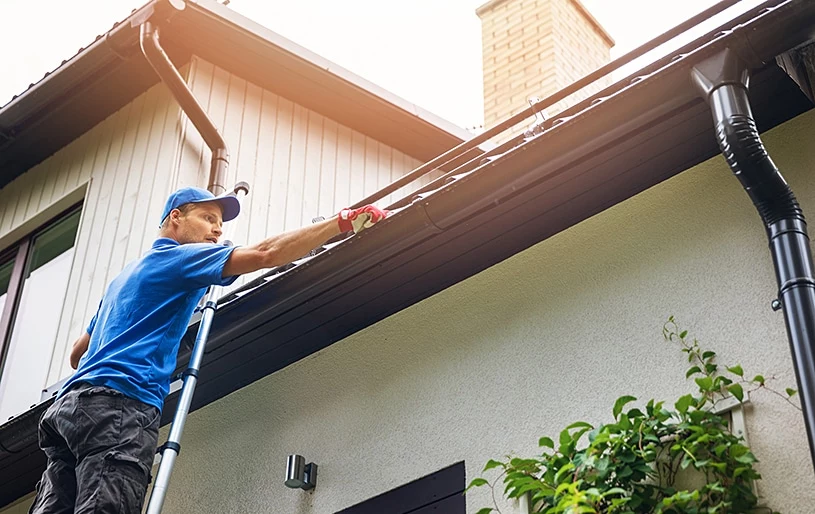
Keep Your Roof Clean
Debris, dirt, and algae can accumulate on your metal roof over time, leading to corrosion and other issues. Clean your roof with a gentle detergent and a soft brush or hire a professional to clean it for you.
Remove Overhanging Branches
Overhanging tree branches can cause damage to your metal roof, especially during storms. Keep branches trimmed and away from your roof to prevent damage.
Repair Damage Promptly
If you notice any damage to your metal roof, such as leaks, dents, or rust, it’s essential to repair it as soon as possible. Delaying repairs can lead to more extensive damage and a shortened lifespan for your roof.
What Are the Benefits of Choosing a Metal Roof?
In addition to their impressive longevity, metal roofs offer a variety of benefits that make them an attractive choice for homeowners. Some of these benefits include:
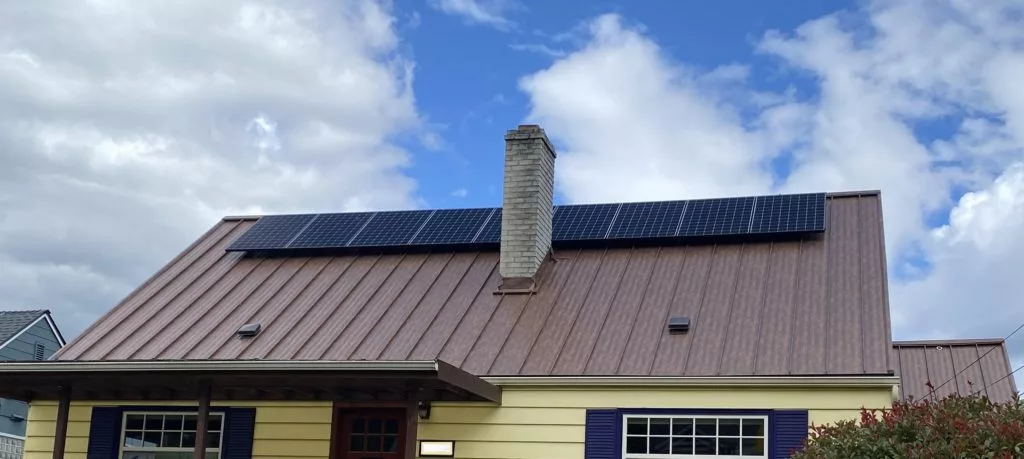
Energy Efficiency
Metal roofs reflect solar heat, which can help reduce cooling costs during the warmer months. This energy efficiency can result in significant savings on your energy bills over time.
Low Maintenance
As mentioned earlier, metal roofs require relatively low maintenance compared to other roofing materials. With regular inspections and proper cleaning, your metal roof can continue to protect your home for many years.
Environmentally Friendly
Metal roofs are often made from recycled materials, and they can be recycled again at the end of their lifespan. This makes them an eco-friendly choice for homeowners looking to minimize their environmental impact.
Aesthetics
Metal roofs come in a wide range of styles, colors, and finishes, allowing you to find the perfect look to complement your home’s architecture and design.
Fire Resistance
Metal roofs are noncombustible and have a Class A fire rating, which means they are resistant to fire and can help protect your home in the event of a fire.
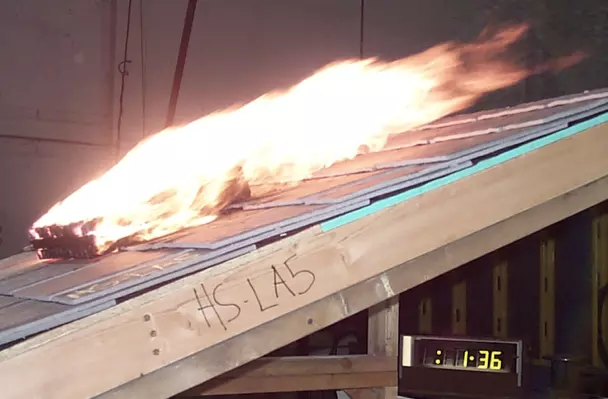
Are Metal Roofs Worth the Investment?
While metal roofs can be more expensive upfront than some other roofing materials, their longevity and low maintenance requirements often make them a cost-effective choice in the long run. Additionally, the energy efficiency and potential insurance savings can help offset the initial investment.
Can You Install a Metal Roof Over an Existing Roof?

In many cases, it is possible to install a metal roof over an existing roof, such as asphalt shingles. This can save time and money on the installation process, as well as reduce waste from removing the old roofing material. However, it’s essential to consult with a professional roofing contractor to determine if this is the right option for your specific situation.
In Conclusion
Metal roofs offer an impressive lifespan, ranging from 40 to 100 years, depending on the material used and various factors such as installation, climate, and maintenance. By choosing a high-quality metal roofing material and ensuring proper installation and maintenance, you can enjoy the many benefits of a metal roof, including energy efficiency, low maintenance, and an attractive appearance, for years to come.







